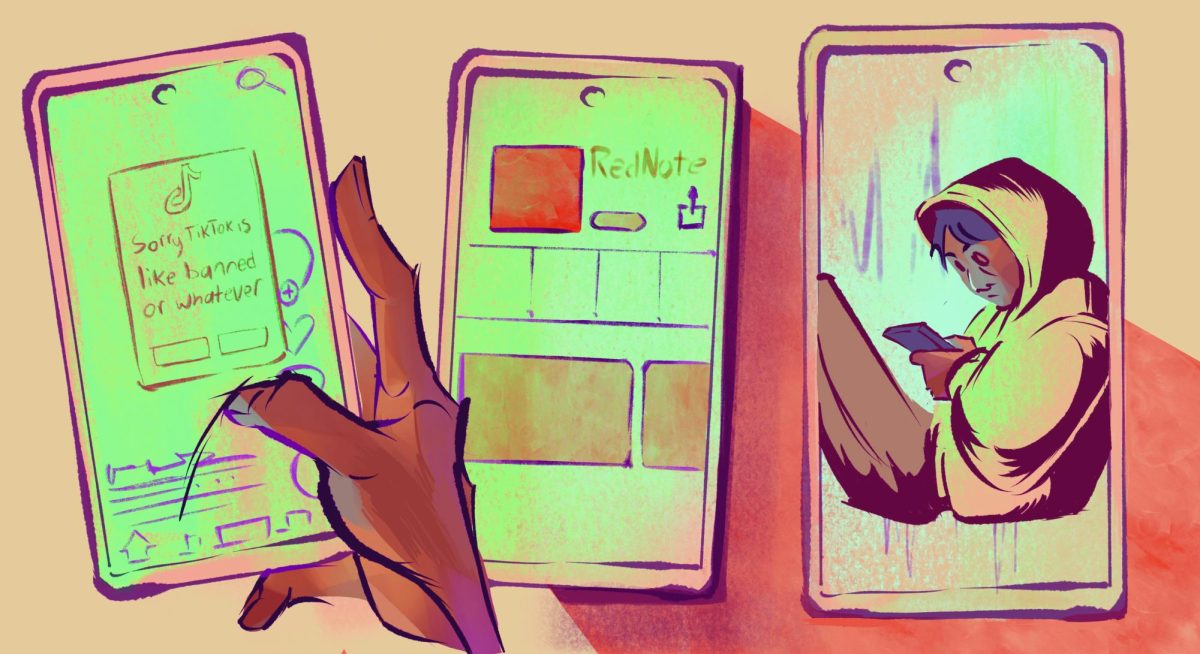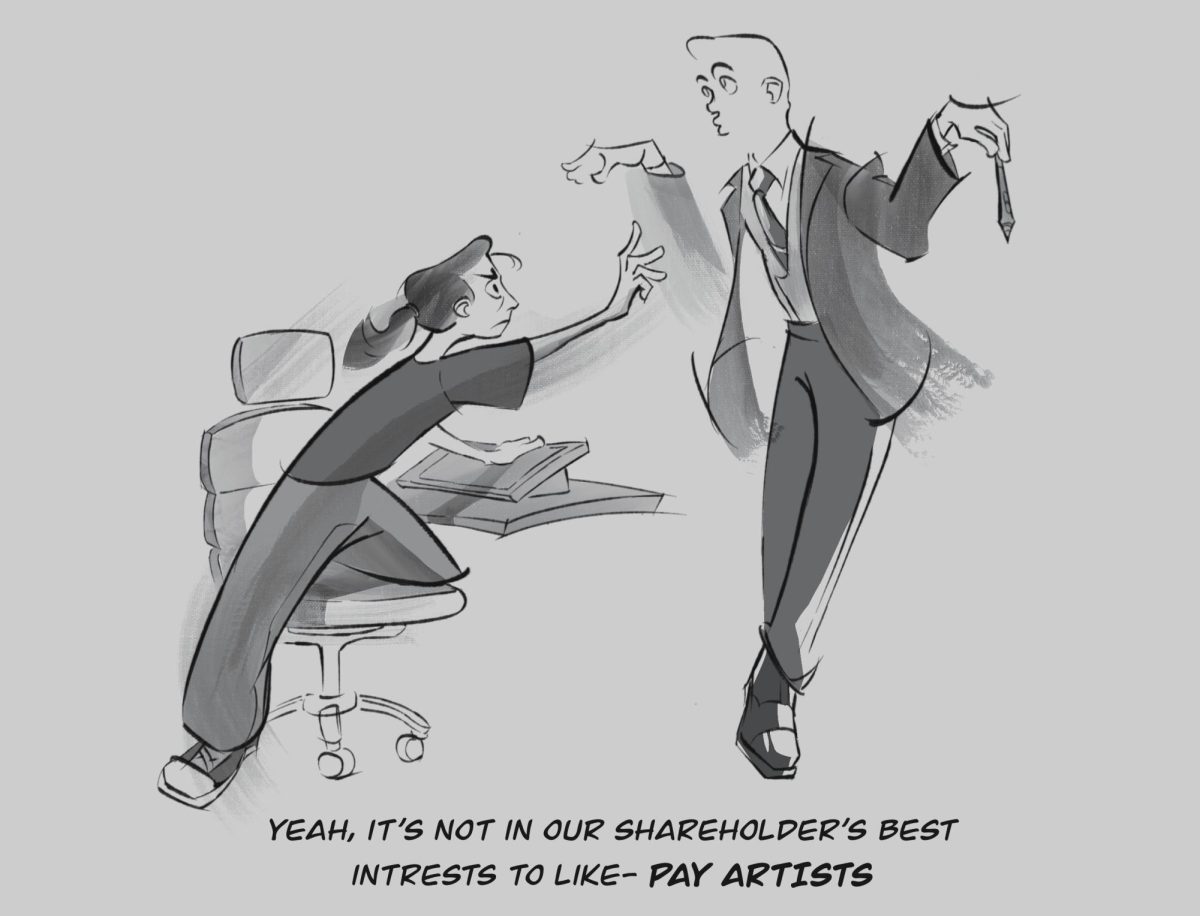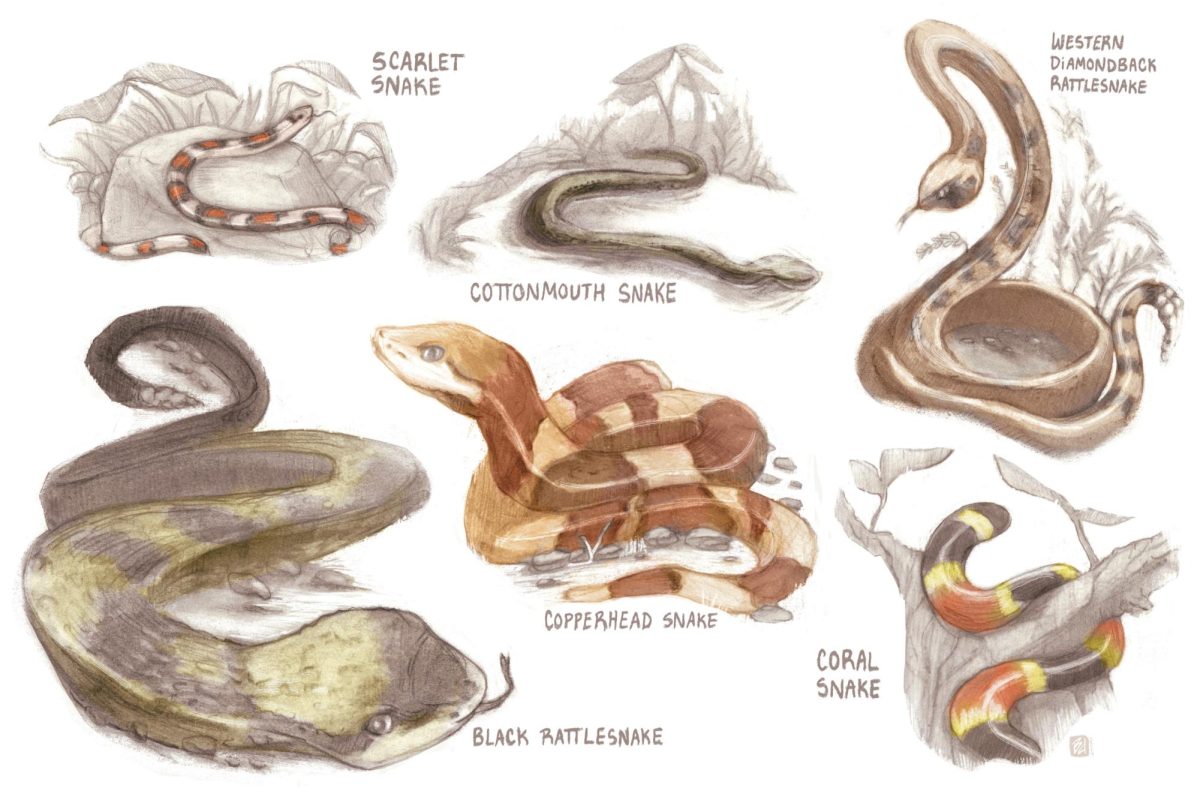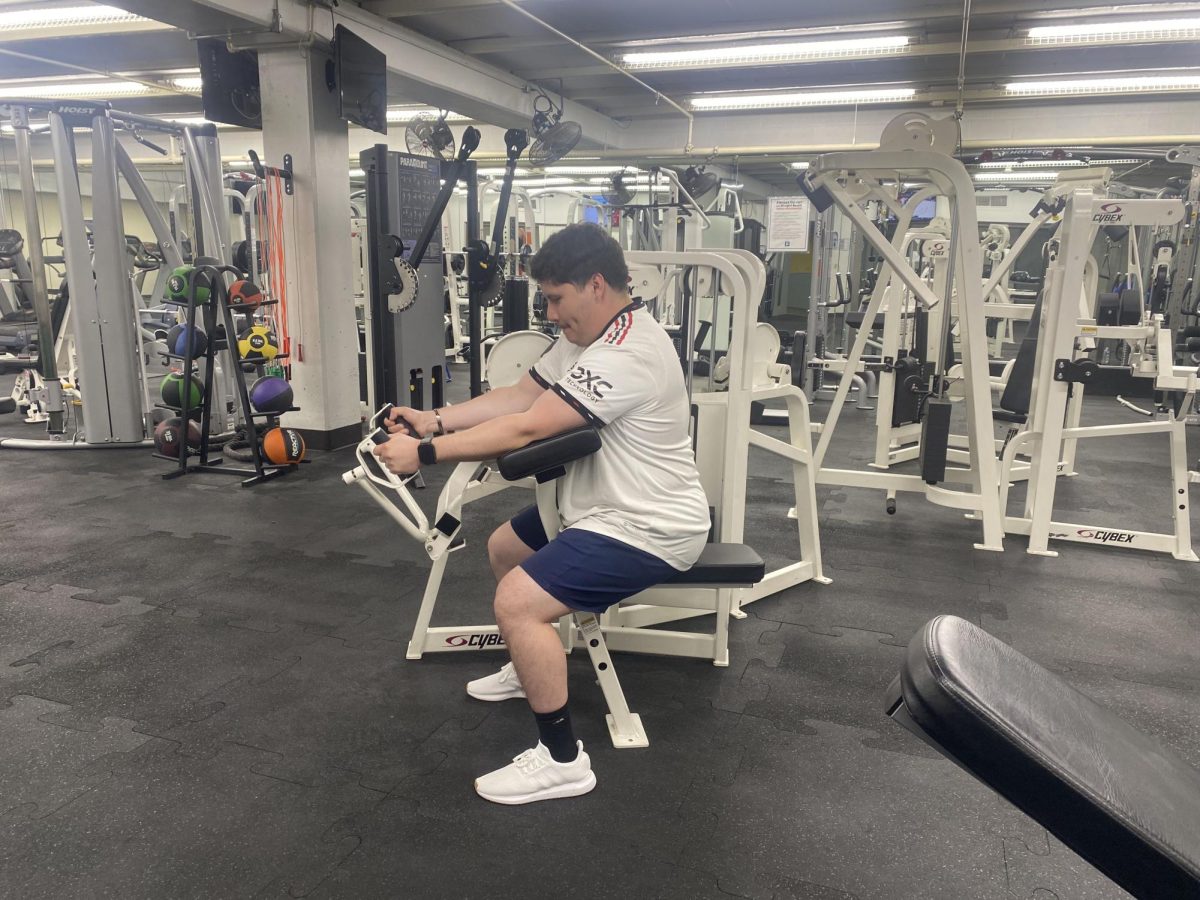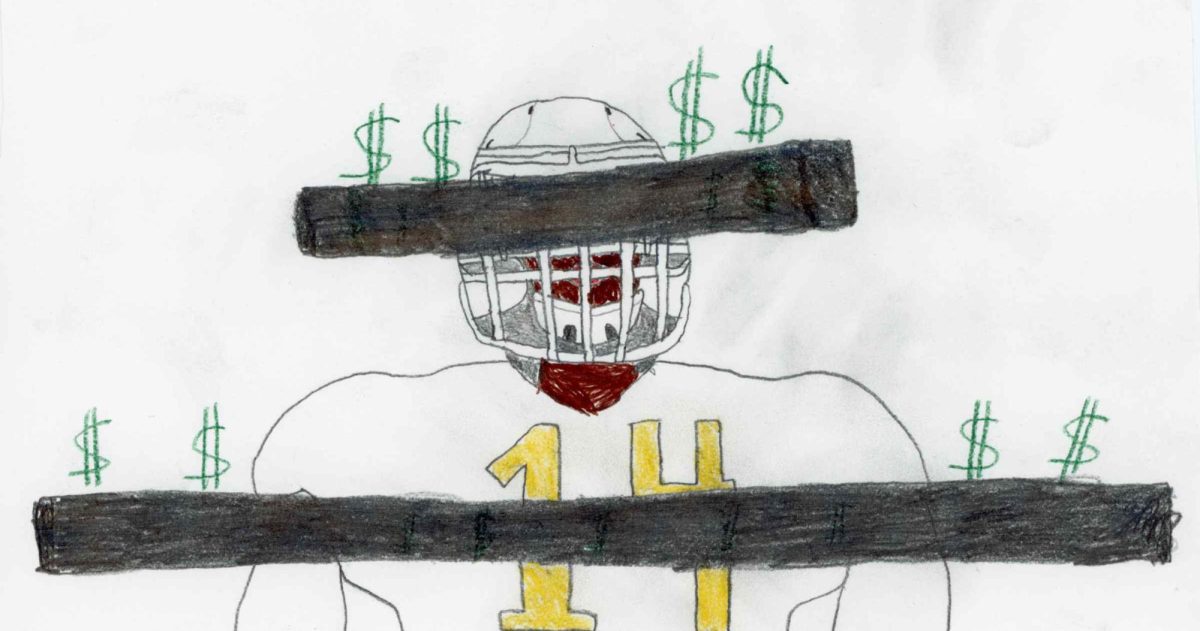In a world where streaming dominates the web and how we consume shows, movies and music, many are turning back to physical media when it comes to owning content.
In the summer of 2014, “Guardians of the Galaxy” took the world by storm, and there was one thing everyone wanted to own: The Sony TPS-L2 Walkman, like the one owned by the main character Starlord, played by Chris Pratt. The Walkman was the hottest trend in retro technology.
Cassettes and their janky players with limited songs are far from what people should want today, yet society yearns for something tangible. It isn’t just for trendy reasons, but having a specific album to buy and play is more personal than the millions of songs one can find when streaming. Years after that spike, people still flock to all types of vinyl, Long Plays and 45s alike.
In the fall of 2023, Netflix cut off their DVD department for good, and Best Buy announced an end to selling Blu-Ray and 4K DVDs in-store. It seemed to be the beginning of the end for physical format movies. According to a 2023 study by Statista, since 2019 the U.S. viewership of films on DVD/Blu-ray has fallen 19%.
A small, bright moment of hope emerged in late November when the “Oppenheimer” 4K release was met with a surprising turn. Universal Pictures Home Entertainment reported that after a week, all 4K copies were sold out across all major retailers. The shortage even reached standard Blu-rays and DVDs, which were hard to find. With the intense demand, Universal later said they would work hard to restock those copies as soon as possible.
This was a major win for physical media and director Christopher Nolan, who is not only a supporter of home physical releases but also the theater experience for films. Nolan was purposeful in putting hour-long special features and high-quality definition into the formats, and the results speak for themselves. It was a clear sign people still care for physical media and aren’t ready to let it go.
Another sign of continued interest in physical media is Josey Records, one of the biggest independent record stores in the country. Josey Records sees consistent customers, especially since the resurgence of vinyl. Luke Sardello, co-owner of Josey Records, shared his thoughts on the benefits of physical media.
Who else do you run the store with?
LS: Warric Cameron. My business partner.
How long has this store been open?
LS: Almost 10 years.
What’s your everyday reaction to growing streaming competition?
LS: Streaming – we’ve always viewed it as complementary. We’ve told people that streaming is to find new music, and once you’ve found an artist that you love, then you’d be willing to buy their physical product. It helps support them in that way, and there’s all the extra stuff you get with the physical product that you don’t get with streaming. So, as far as we’re concerned, the two are complementary and part of our business. You stream the stuff you like and buy the ones you love.
Do you feel that what you do in this store is more than selling records, CDs and movies?
LS: Certainly. Independent record stores, in general, are cultural hubs of the cities they’re in. Even going back to the ’70s and ’80s, Bills [Records] was a legendary record store that – when I was in high school – I worked at, and when Warric was right out of high school, he worked at. They became places where people came together. I met a ton of people when I worked there that I’m still friends with today. So they’re cultural meeting places that contribute to the identity of the cities they’re in.
Do you feel confident in others’ passion for physical media?
LS: For sure. The whole idea that vinyl is making a resurgence is gone and done. Vinyl is here to stay – it’s become a part of the music lexicon. We see it continuing to grow and bring new fans. We’ll see where it goes from there.


